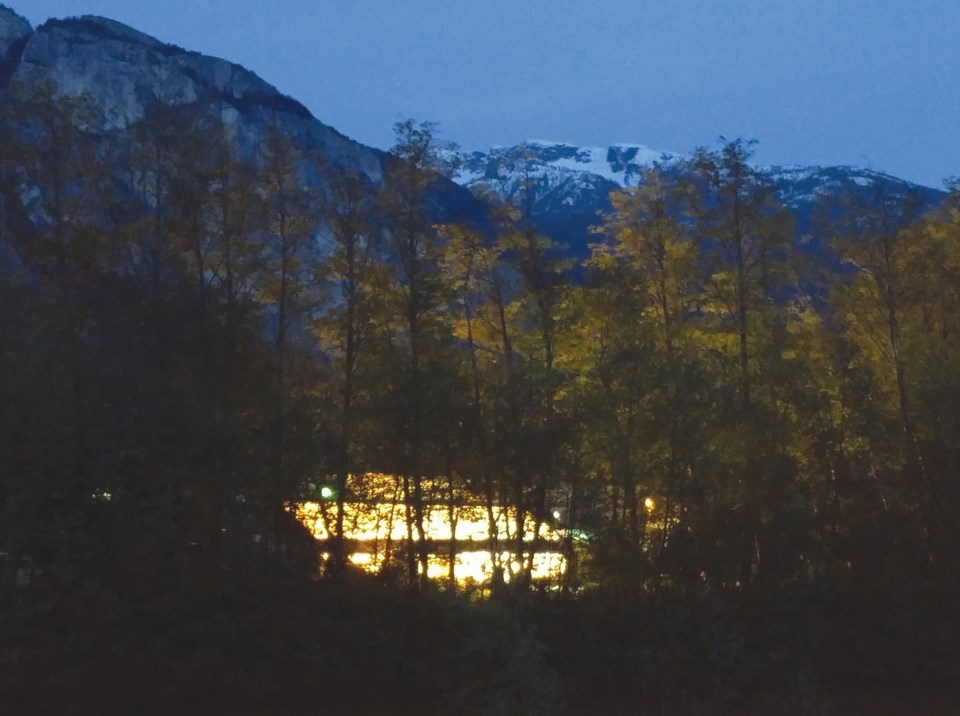Neighbours in downtown Squamish say they’re frustrated by a cannabis nursery that operates with noise and light after hours.
Resident Phil Dubrulle told The Chief he is not against the production of cannabis in any way, but takes issue with how a commercial nursery on Third Avenue has been operating in a mostly residential community.
“I realize that the zoning for the downtown area is transferring from industrial to mixed-use, and I can appreciate that, but ultimately the reality is that it operates in what is a predominantly residential area,” said Dubrulle.
He said the business operates at all hours, including loud machinery and bright lights outside of regular hours, including on weekends and in the evening.
Dubrulle said he and his neighbours have been struggling with the issue for two years.
Bylaw staff members have had their own challenges with the property – including lack of voluntary compliance responding to complaints and issues with building permits.
In 2013, District building inspectors discovered that “significant internal alterations” had been made to the building without permits, in order to grow commercial cannabis.
In 2015, the Squamish Fire Department also declared the building non-compliant due to safety issues.
Council opted to place a notice on the title on March 21, 2017, rather than take more drastic legal action, after a report said: “unpermitted work poses a significant life safety hazard to the occupants.”
Property owner Frank Egyed spoke to council at that meeting in March about the lack of building permits, saying it is a unique property and said they were “working diligently to bring everything up to spec and to meet bylaws.”
The owners currently have an open development permit with the District for alterations on the current buildings and an addition to the greenhouse.
The Chief attempted to reach Egyed several times, but could not speak to him directly.
Dubrulle said he has sent a letter to Egyed, but has not received a response.
Mayor Patricia Heintzman said the business has a legitimate licence to operate and the industrial zoning in the area makes it difficult to regulate.
“From my point of view it’s not an ideal location, we’d prefer to see it elsewhere, but we don’t have many tools that force people to move,” said Heintzman. “It’s grandfathered in there because the zone is archaic.”
Dubrulle said he appreciates the efforts of District staff, but is frustrated that enforcement has been so difficult.
“Especially with respect to noise outside of hours, on a weekday, you’re directed to call RCMP, but RCMP have higher priorities to handle, so if they get there, what are they going to do?” he said.
“It’s an interesting case, I’ll grant them that, but in the meantime, it’s leaving residents frustrated,” he said.



